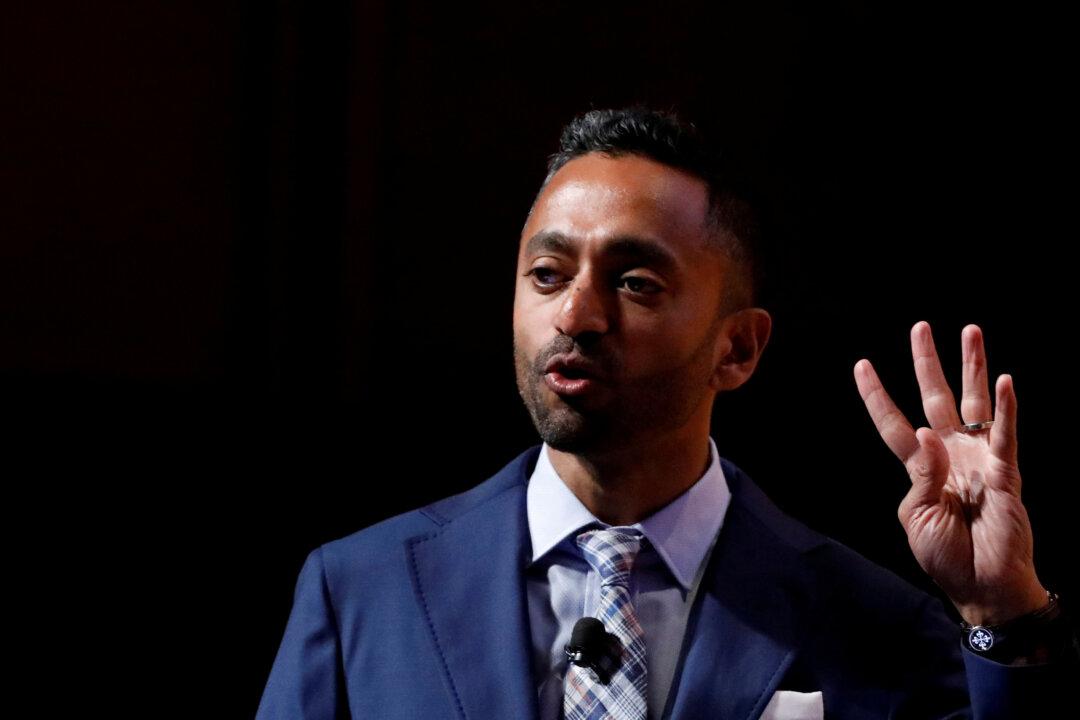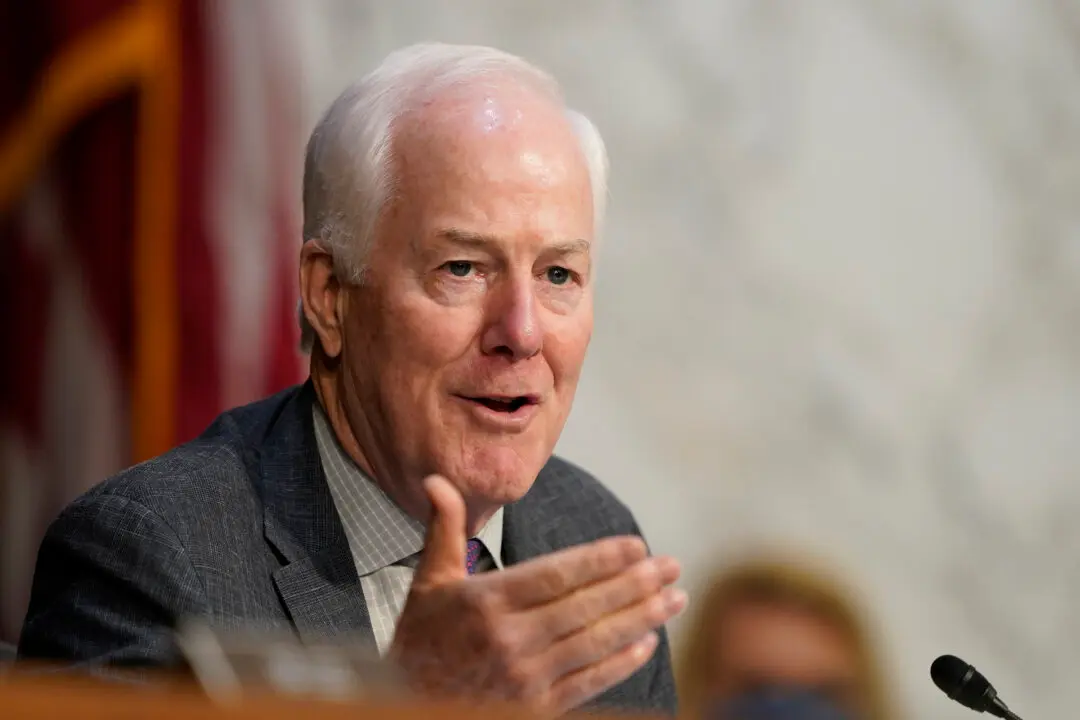Former President Donald Trump’s peace-nurturing policies look “pretty incredible” in the wake of violence erupting in the Middle East, a billionaire Democrat says.
During last week’s episode of the All-In Podcast, prominent venture capital investor Chamath Palihapitiya, who previously called the former Republican president “an idiot,” says it is time to re-evaluate President Trump’s accomplishments.





